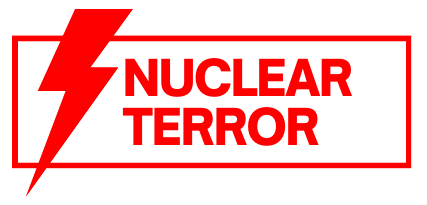The upcoming 2024 United States election is a major event followed closely locally and internationally. The election outcome could have various short-term and long-term effects on businesses due to changes in policies and government spending priorities. While large businesses are also affected by such changes, they are more resilient and adaptive.
However, these changes can have deeper impacts on small businesses, either positively or negatively. If you own one, you may be well advised on what to expect after this election, depending on who takes the day and their policy manifesto. Let’s look at the potential effects of the 2024 election on your small business.
Small Business Tax Incentives
One of the positive changes that a new administration would effect after the 2024 election could be reviewing tax policies. While the different parties have varying opinions on corporate tax rates, there seems to be a common view that small businesses need to have more tax incentives to grow and employ more citizens.
By cutting corporate tax rates, medium companies can be encouraged to invest more capital, hire more employees, or improve their products and services. Otherwise, a regime that advocates for higher corporate taxes could potentially decrease the appetite for business expansion.
The outcome of the elections may also affect specific tax incentives for these businesses, such as tax credits for hiring new employees, investing in research and innovation, and using green energy technologies. The availability of these incentives can boost their financial health and growth.
Access and Cost of Capital
Access to capital determines how companies can maintain their growth patterns and remain sustainable. The government develops fiscal and monetary policies that can influence interest rates, which in turn have a trickle-down effect on the cost of funds.
In cases where the business was looking forward to expanding, the increase in rates could make loans and grants more expensive for small ventures to take on the risk. That will also lead to businesses reorganizing their operations to maximize the available resources and facilities to serve their customers.
Businesses may also be forced to suspend the purchase of new facilities or other investments while offering clients options on goods, services, and delivery modes to cut costs. Some small enterprises utilize rented properties, such as storage facilities, in different locations for various purposes. That includes keeping inventories and seasonal business items and even serving as supply locations for customers’ orders.
Entrepreneurs may consider finding the best ways to effectively utilize these rented storage spaces if the cost of capital increases. Where there are few orders received from certain storage units, entrepreneurs will need to compare using a storage locker vs unit to keep the business running efficiently. If continuously renting these storage units will result in increased costs than benefits, then using lockers within the business premises may be an alternative.
Alternatively, they can rent one larger storage facility central to their operations to act as the distribution center and streamline operations. Thus, the stocks from the other smaller units would be moved to this center, and do away with the rest to cut rent. However, they will have to undertake a cost-benefit analysis and study the effect on customer service regarding timeliness in the delivery of goods.
Change in Labor Laws and Policies
Labor laws and workforce policies have been changing with changes in leadership and in line with their campaign promises. The most affected regulation is the declaration on the federal minimum wage, where some candidates may propose increasing it to enable employees to earn a better living wage. The increase pushes private businesses to follow suit, potentially leading to higher prices for goods and services. The alternative would be to lay off to keep the wage bills constant.
The election may also introduce changes to employment benefits and protections, such as paid family and sick leave. This move could greatly affect the payroll and benefits expenditures of upcoming small businesses.
Healthcare Reforms
Healthcare is an important sector in the economy as it affects the quality of human capital in small ventures. In the United States, most companies offer health insurance as part of the remuneration package. Hence, If the new administration works towards lowering the cost of healthcare, small businesses will be able to offer the best health benefits. That will also ensure they attract and retain employees, leading to higher productivity. However, if the costs of procuring a health package escalate, these businesses will find it hard to meet this noble obligation.


